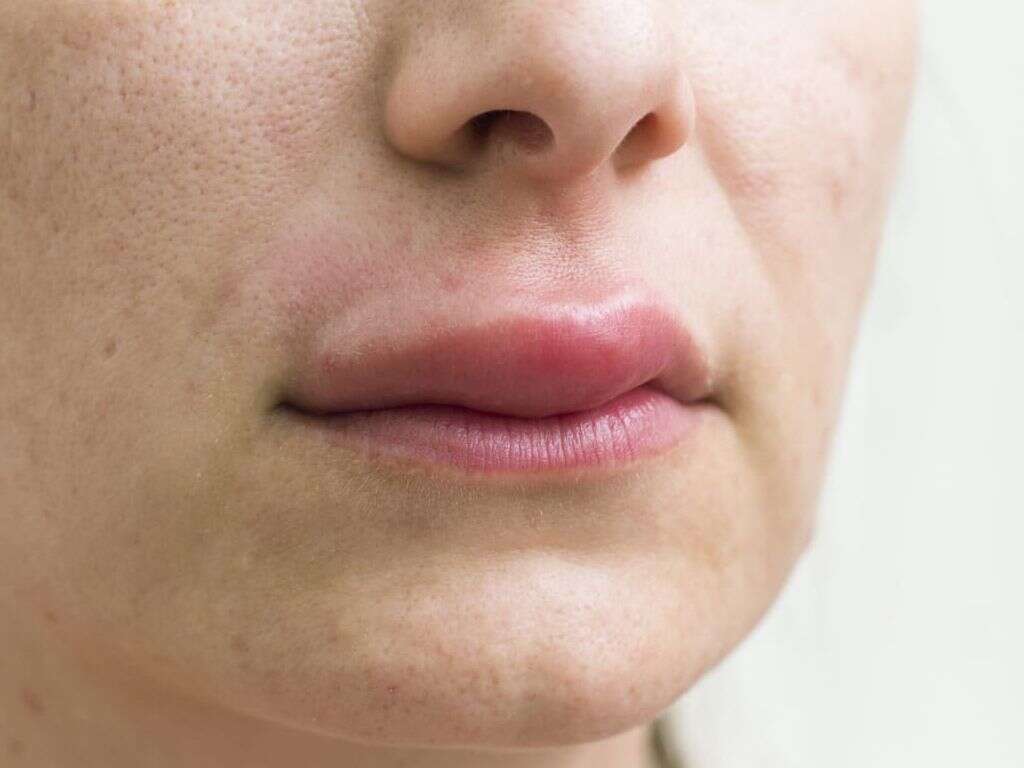What Is Dropsy?
Our blood flows through the body in a network of blood vessels. These vessels come in different sizes, the smallest of which are capillaries. Some capillaries are so narrow that only a single blood cell can pass through at a time in some places. The walls of capillaries are also very thin, and this is important for the exchange of oxygen and nutrients.
Some conditions can cause fluids to leak through the thin walls of the capillaries and into the surrounding tissues. These fluids can begin to accumulate in these tissues and this can cause the area to become swollen. This is a condition that used to be commonly known as dropsy, although it is usually called edema today.
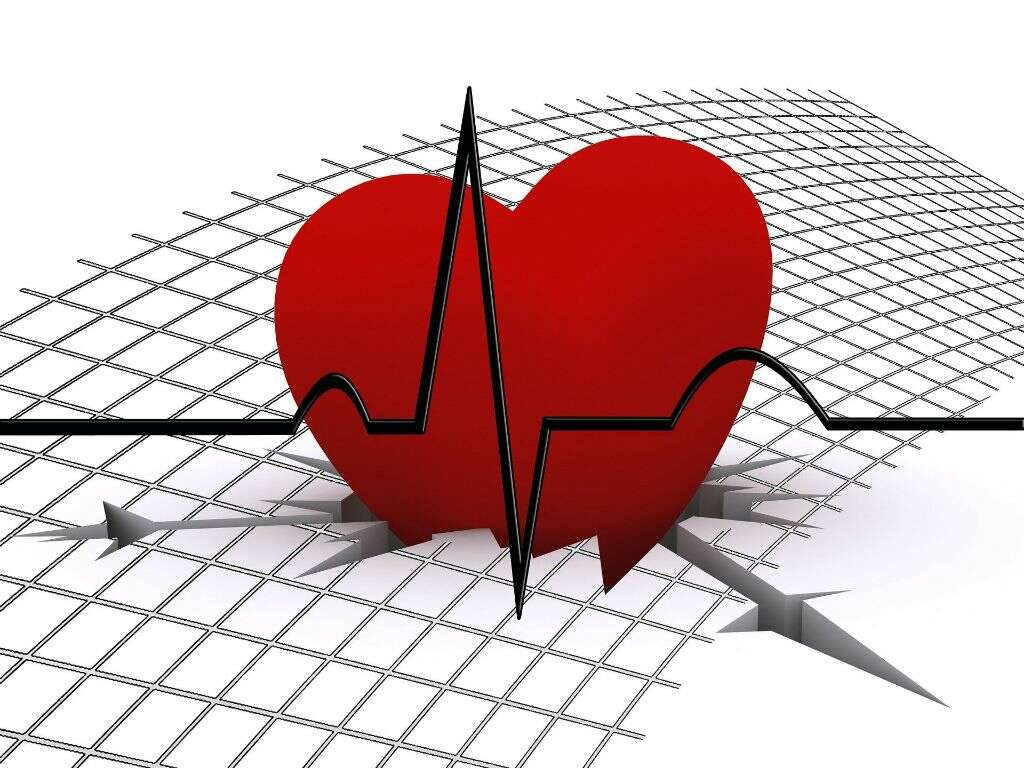
1. Edema
Edema is a condition where fluids have begun to accumulate in the patient’s bodily tissues. It happens when fluids in blood vessels leak into the surrounding tissues, thus causing fluids to begin to accumulate in those tissues. This will then cause the area to become swollen and other symptoms can also be experienced in some cases.
Edema can be experienced just about anywhere in the body, but it usually happens in the feet, legs, and ankles. It is also fairly common for it to happen in the hands and arms. There are a number of underlying causes for this condition, some of which can be serious.
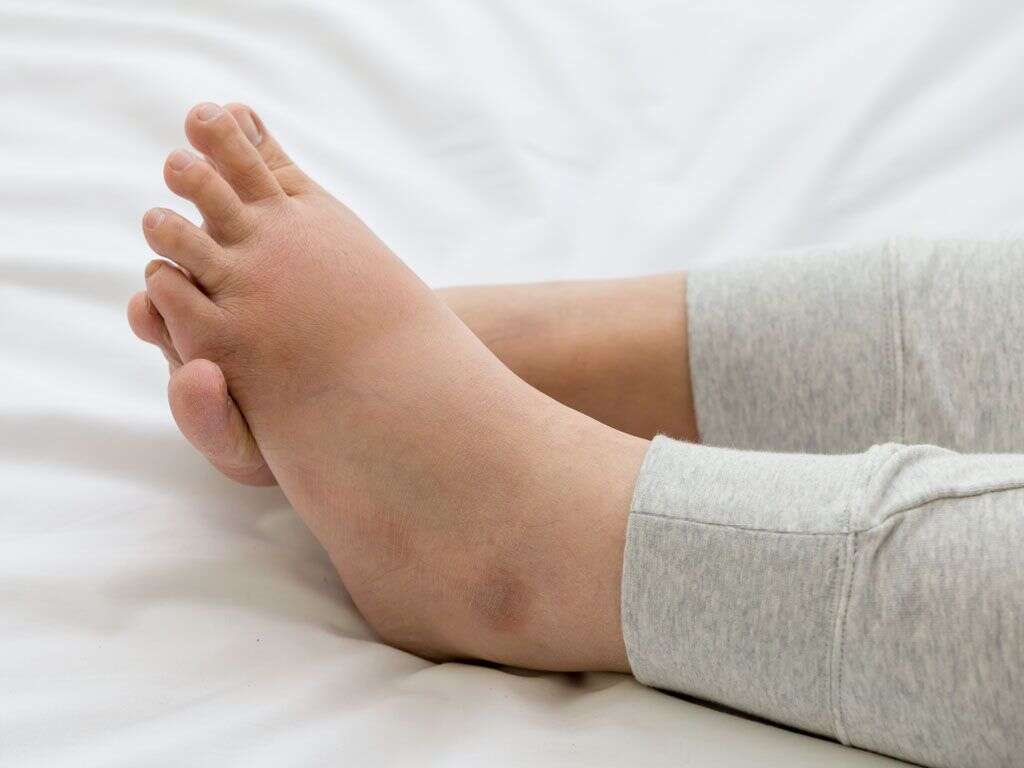
2. Common Causes
Edema is a relatively common condition and it can be caused by everyday things. For example, if you remain sat in one place for too long then blood can begin to accumulate in blood vessels there, potentially causing the leak of fluids. It is encouraged that you should at least take a few minutes to walk around occasionally.
Some women will also experience edema when they are menstruating, while women who are pregnant will also sometimes experience the condition. If you are experiencing edema for no apparent reason, it might be that you have too much salt in your diet.

3. Medicinal Causes
Some medications can have very unwelcome side effects so it is always important to follow the advice of professionals when using them. While some side effects can be dangerous, most are not, but it still pays to be cautious. Depending on which medication somebody is taking, they might experience edema as a symptom.
Medications that can cause this include estrogen, which is a female hormone. Some NSAIDs might also be responsible, and these are a fairly common variety of drug that are used for inflammation and pain relief. Some steroids can also cause the condition, as can some medication for diabetes.

4. Liver and Kidneys
Another potential cause of dropsy is problems with the liver and kidneys. Cirrhosis, which is the scarring of liver tissue from damage, affects the organ’s ability to function properly. This can cause fluid to begin to accumulate in the abdominal cavity.
Damage to the kidneys can result in fewer proteins in the blood than usual, which can also contribute to edema. In addition, kidney disease can mean that there are more fluids and sodium in the blood vessels than usual. This is likely to lead to edema in the legs in particular, while the area around your eyes can also be affected.
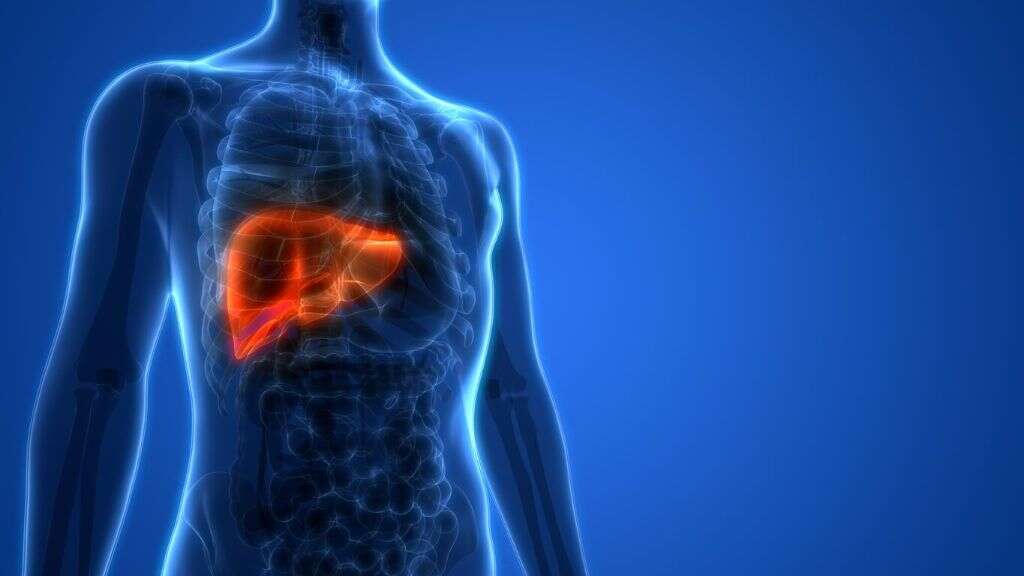
5. Congestive Heart Failure
Congestive heart failure is a condition that starts very mild and gets gradually worse. To begin with, the patient might not even notice that there is a problem at all, but the symptoms can worsen to the point of being dangerous. It can result in a number of unwelcome symptoms, one of which is dropsy.
With the heart not pumping as effectively as it should be, fluid can begin to accumulate at the bottom end of the body under the force of gravity. This can then force the fluids to leak out from the capillaries in the area. Congestive heart failure cannot be cured, but it can at least be managed, especially if it is caught early on.

6. Protein Deficiency
Protein is a very valuable nutrient for us. It is one of the building blocks that helps our bodies to grow and repair, and it is important for so many other functions in our bodies. Protein is also very common and is easily found in modern diets. Regardless, some people will still experience protein deficiencies.
Not getting enough protein in your diet can lead to a variety of problems. One of these is edema. This tends to happen in impoverished areas where a balanced diet is not always available. It can also happen in people that turn vegetarian without ensuring they have adequately replaced proteins that are found in meat.

7. Chronic Venous Insufficiency
Blood is pumped around our body with help from our hearts that create sufficient pressure to force the blood around. Once the blood has reached the bottom of the body, however, the trip back up gets harder due to gravity. Hence, we have evolved a system that helps the blood to complete the circuit.
In our legs, and elsewhere in our bodies, are a system of valves that help prevent the blood from flowing back down. Chronic venous insufficiency is a condition where these valves are weakened, and this can cause fluids to begin accumulating in the legs. This can lead to dropsy.

8. Faulty Lymphatic System
Our bodies have two circulatory systems. One that helps circulate blood around the body, and a lesser well known one that helps circulate lymph. Lymph is a fluid that makes an important part of our immune system, and the lymphatic system helps to drain excess fluids away.
If, for some reason, the lymphatic system is damaged it can mean that the system is unable to work as well as it should be able to. This can mean fluids are not drained away as effectively as they should be, and this can lead to edema. The damage that can result in this can be caused by things like surgery and cancer treatments.
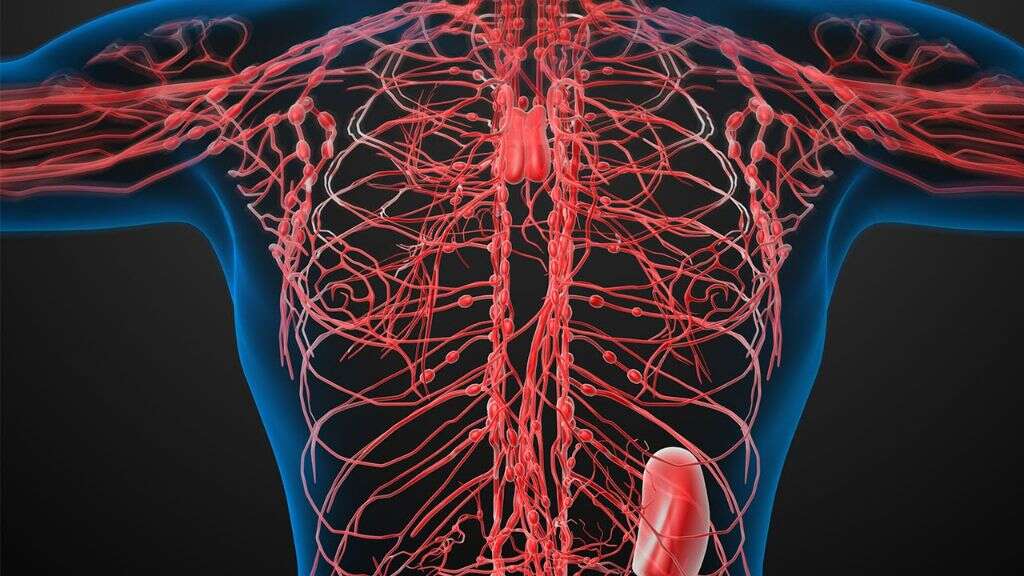
9. Complications
The main symptom of edema is swelling in certain parts of the body. This is usually quite harmless in itself, but edema does sometimes cause complications in severe cases. It can even be quite dangerous in a small number of cases.
If the swelling becomes too severe then it can result in damage to the tissues, and this will need to be addressed. If the skin appears to be stretched and shiny then you should see a doctor as soon as you can. Likewise, if the surface of the skin remains depressed for at least a few seconds after pushing on it, it is a sign you need medical assistance. An abdomen that swells too much should also be a cause for concern.
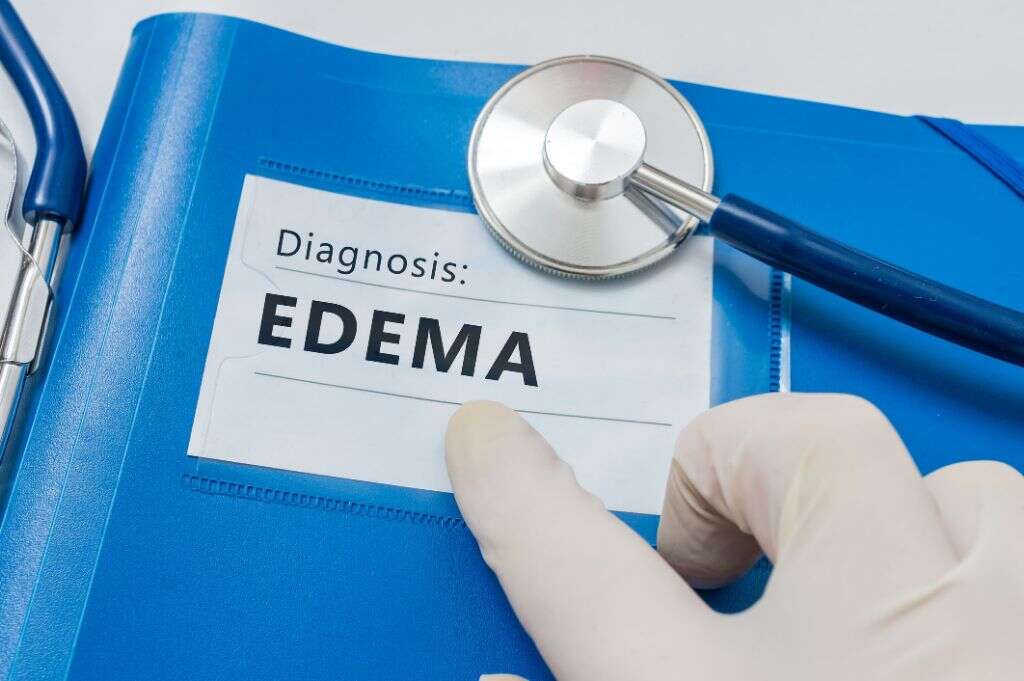
10. Treatment
Edema is usually nothing to be concerned about and treatment is not usually necessary. Even just raising the limb may solve the problem as it will help the excess fluids to drain away. Medication may be deemed necessary in some cases, however.
One type of medication is diuretics. These help the patient to urinate, thus helping to remove excess fluids from the body. Certain types of diuretic are not suitable for everybody, however. It will also be necessary to tackle the underlying cause in many cases, and many people will need to stop taking certain medication if it is deemed to be the cause of the problem.












